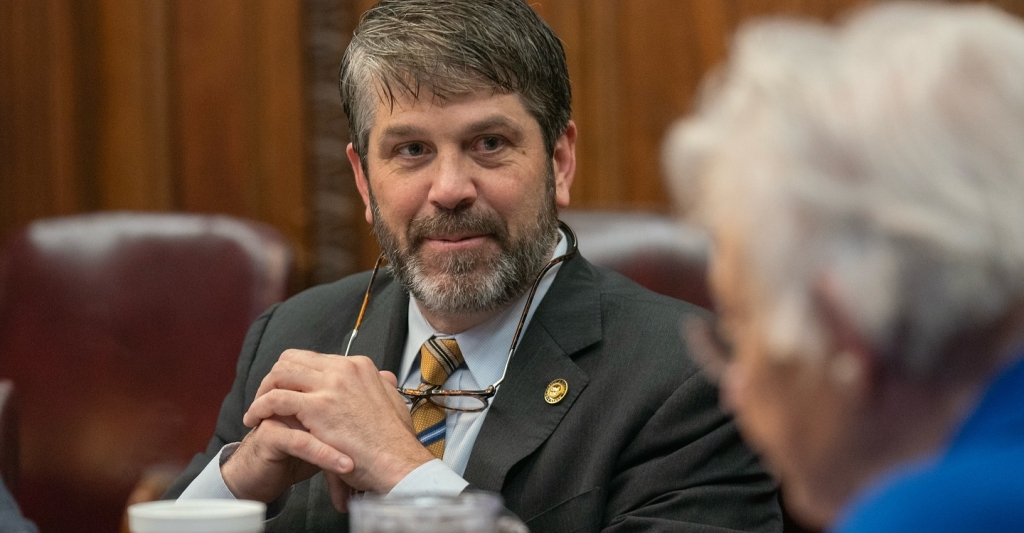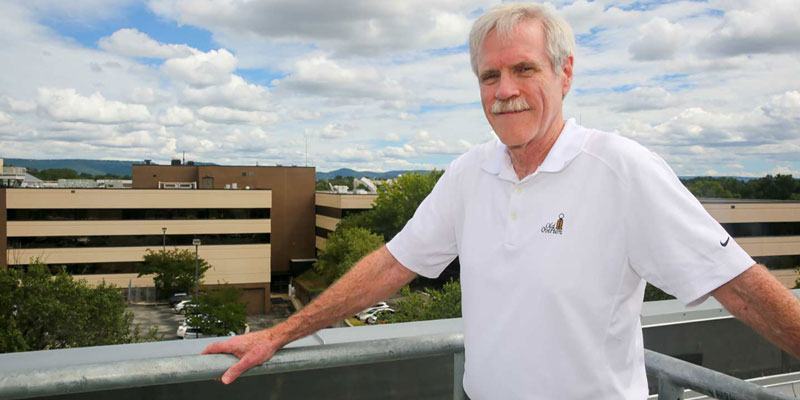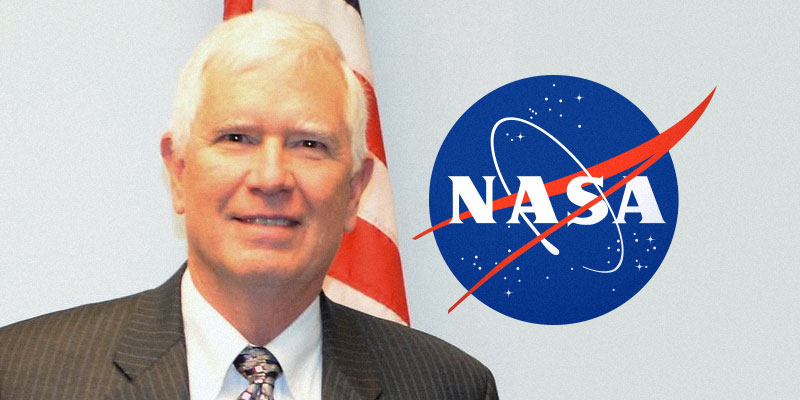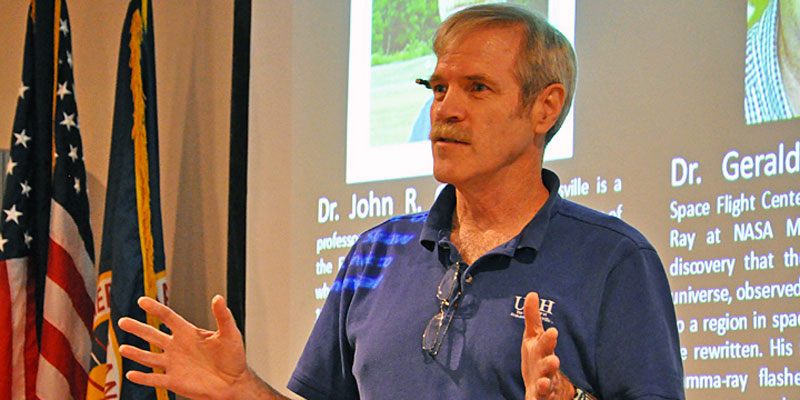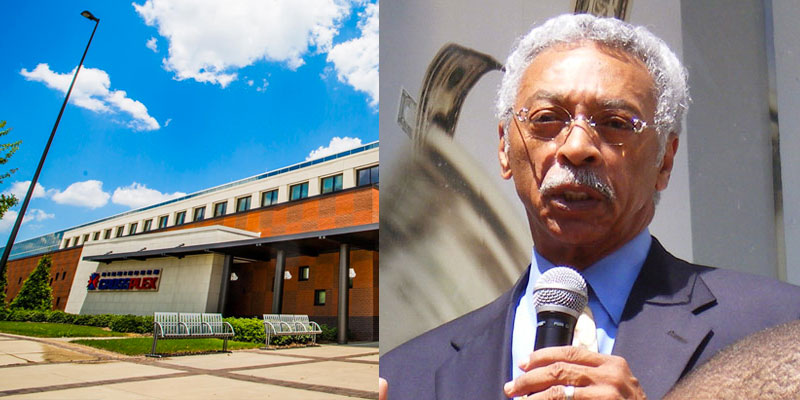Representative Mo Brooks (AL-05) on Wednesday argued that climate scientists should admit humanity does not know nearly as much about climate change as it claims to know, pointing to sea levels rising at a lower rate now than they have over the past 21,000 years.
During the Science, Space, and Technology Committee hearing on climate change Wednesday, Dr. Robert Kopp, a climate change “expert,” was called on by Democrats as a witness. Throughout the questioning, Dr. Kopp admitted that sea levels are rising at rates less than one-third the average of the past 21,000 years and that human beings did not cause global warming and the rise of sea levels that has taken place since the last glacial maximum.
“The one thing every climate scientist should admit is that humanity does not know nearly as much about climate change as some like to claim they know. The only certainty is that the Earth’s climate is always changing, either cooling or warming. Rarely is the Earth’s climate constant. Earth climate data suggests Earth was once ‘planet snowball,’ where all or almost all of Earth was covered by ice, and, in other periods, has been far warmer than it is today,” Brooks said in a statement.
He added, “Today’s SST Committee hearing on climate change was just the ‘tip of the iceberg.’ The truth is that the Earth’s sea levels have averaged rising two feet per century over the past 21,000 years. That average long-term sea level rise rate is three times greater than the eight-inch sea level rise the Earth has seen over the past 120 years. Not surprisingly, climate change alarmists, aiding and abetted by a partisan media, never share this historical scientific data with the public!”
Brooks also made it clear that he opposes the increase in gasoline costs.
“Most importantly, despite the uncertainty and inadequacy of our climate change knowledge, Socialist Democrats insist on raising gasoline costs to at least $8.70 per gallon,” Brooks said. “Perhaps I am in the minority, but I adamantly oppose raising gasoline prices to an exorbitant $8.70 per gallon that erodes the ability of Americans to pay for their families’ food, clothing, health care, home and education costs.”
Full exchange between Congressman Brooks and Dr. Kopp as follows:
BROOKS: Dr. Kopp, I’m looking at your written testimony as opposed to your oral testimony. On page three, you state, “Climate change is real. It is here now, and humans are responsible for it.” Is that an accurate statement of your quote?
KOPP: Yes, it is.
BROOKS: And, on page five of your written testimony, you state, “Global average sea level has risen by about eight inches since 1900” citing the Climate Science Special Report Earth National Climate Assessment. Is that an accurate reading of that quote?
KOPP: Yes, it is.
BROOKS: Are you familiar with the Earth’s last glacial maximum roughly 21,000 years ago?
KOPP: Yes, I am.
BROOKS: And, is it fair to say that sea levels during the last glacial maximum were roughly 400 feet lower than they are today?
KOPP: Yes, it is.
BROOKS: And, would it also be fair to say then that sea levels over the last 21,000 years— 400 divided by 21,000 or 210 centuries— sea levels have risen on average over that 21,000 year period of time at roughly two feet per century?
KOPP: Well, it was concentrated in the first half of that time, but yes.
BROOKS: From the 21,000 to the 7,000 years ago period is the concentration, then it still increased, sea levels did, but at a much lower rate during the last 7,000 years?
Kopp: When they stopped rising is a scientific uncertainty but certainly by 7,000 years ago the giant ice sheet that was sitting in North America was gone and so the contribution to sea level that came from that ice sheet ended.
BROOKS: So apparently somewhere between 21,000 and 7,000 years ago we had a very significant rise in sea levels much more than the two feet per century average of the overall 21,000 year period. Did humans cause that?
KOPP: No, they did not.
BROOKS: They did not. So there are other causes to sea level rises other than humans, and at least in this instance, over the last 21,000 years, we’re looking at an average sea level rise of two feet per century on average — 210 centuries a little over 400 feet total. What was the cause of that?
KOPP: Well, if you go back 21,000 years ago, my home state was sitting at its northern edges under about a mile of ice, and that ice sheet which we call the Laurentide ice sheet had a whole lot of water locked up in it so as that ice melted sea levels rose. We’re now in a very different world where there’s the ice on the planet is almost exclusively in Antarctica and Greenland and so what we’re concerned about now…
BROOKS: OK, I’m not asking what we’re concerned about now, I’m asking what caused the 400 feet in sea level rise over the last 21,000 years. Would it be fair to say that it was global warming?
KOPP: Yes, it would be.
Brooks: And what is it that caused that global warming that began roughly 18,000 to 21,000 years ago?
KOPP: So, we were in an ice age roughly 18,0000 years ago and the differences between the ice ages and the periods like we’re in now, which are called the interglacials because we’re not in a glacial period, are paced by changes in Earth orbit and amplified by changes in carbon dioxide.
BROOKS: OK, so there have been fluctuations in orbit, perhaps changes in carbon dioxide, and perhaps also some change in the actual tilt?
KOPP: When I talk about changes in orbit on that frequency we’re talking about where Earth is pointing, what we call a precession.
BROOKS: OK, and during the last glacial maximum, is it fair to say that almost all of Canada was uninhabitable along with New England, New York, everything north of the Ohio River was, in effect, uninhabitable?
KOPP: Certainly on the East side of the country, yes.
BROOKS: And would it also be fair to say that, certainly, at least in that instance, global warming was a desirable thing if you’re a Canadian?
KOPP: Well, there weren’t many Canadians, but yes.
BROOKS: Well there weren’t any back then.
KOPP: Over in the West there were, but yea.
BROOKS: Now, let’s talk about the remedy for a second. You may recall that in 2008 Dr. Steven Chu, who later became President Obama’s secretary of energy, stated that to combat climate change, “Somehow we have to figure out how to boost the price of gasoline to the levels in Europe,” which was about $8.70 cents per gallon. Do you agree with Steven Chu that that is a remedy that the United States should implement?
KOPP: Well, there’s lots of policy solutions…
BROOKS: I’m asking about this one. Yes or no?
KOPP: We are dumping CO2 into the atmosphere. One way of dealing with the problem would be to put a price on carbon that reflects the cost of that carbon dioxide is imposing on the world.
BROOKS: Is that a yes or a no?
KOPP: I’m going to give you the scientific answer and say it depends. It is one of the solutions that would work.
BROOKS: Alright, thank you madam chairman. Appreciate the time.
Kyle Morris also contributes daily to Breitbart News. You can follow him on Twitter @RealKyleMorris.





